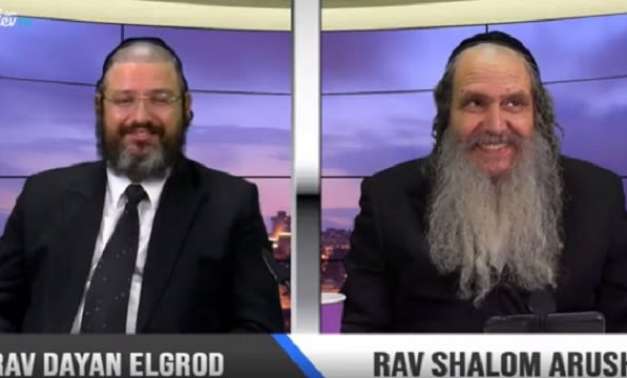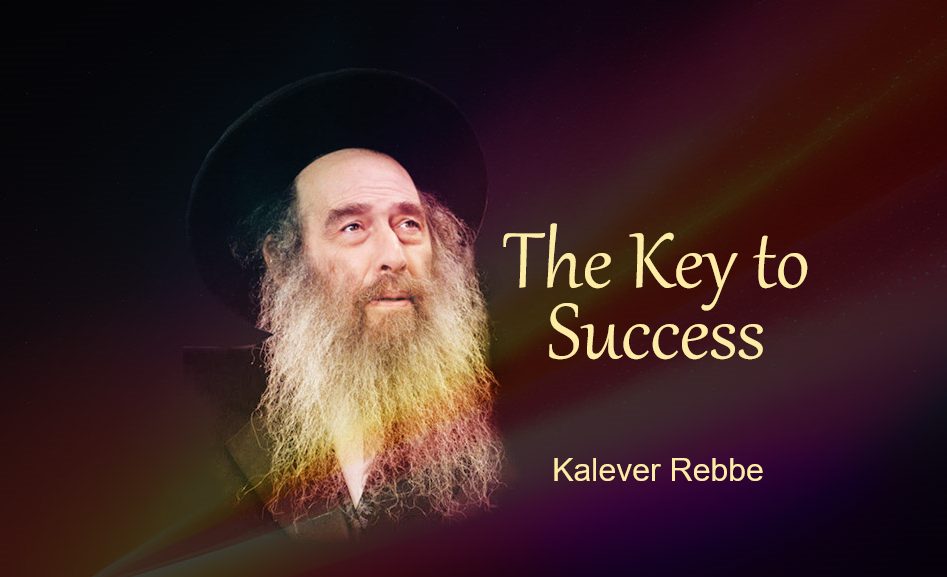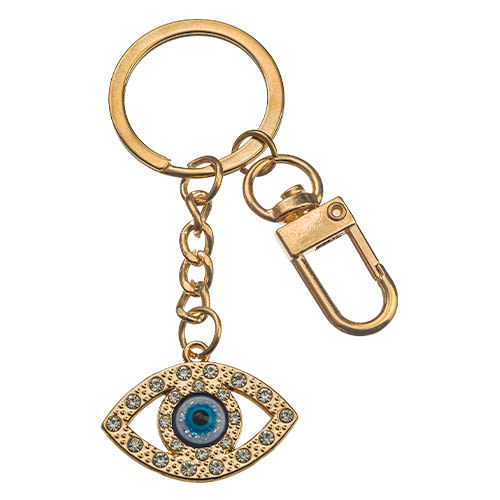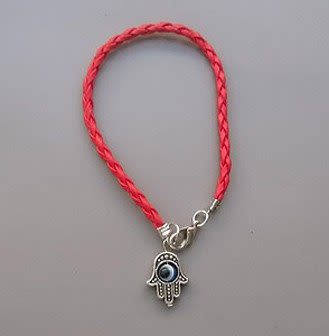
Food for Thought
In short: If you want to eat you have to work. No work –no food. Could there be anything more logical than that?

And if he’s a very principled person he’ll tell you that he isn’t willing to accept a penny in charity, that he’d rather go hungry than take gifts. In short: If you want to eat you have to work. No work – no food. Could there be anything more logical than that?
We must aspire and put all our efforts into attaining emunah, faith. Whenever we lack something or suffer a painful setback, the pain is caused by a lack of emunah. With emunah, however, we understand that whatever happens to us is because God wills it to happen to us, and everything He does is for our benefit.
When we have emunah, we look for solutions instead of blaming our problems on others. We try to improve our own behavior instead of feeling guilty. We pray for Divine assistance because we realize that everything is in His hands. We know that God will help us, so we do not despair.
Rebbe Nachman of Breslov wrote, “To live totally with Divine Providence we must completely nullify the lust for money.”
Some people define money in the same way that we define emunah.
We wrote: “We must aspire and put all our efforts into attaining emunah…” If we exchange the word “money” for “emunah’’ we get: “We must aspire and put of efforts into attaining money. Whenever we lack something or suffer a painful setback, the pain is caused by a lack of money.” For many people, the “almighty dollar” is their life’s ambition and the solution for their problems.
In the spiritual world, prayer, referred to as “service (or work) of the heart,” parallels work in the physical word. A responsible, reliable individual understands that he must work for a living. If he’s a very principled, he’ll refuse to accept in penny in charity. In short: no work – no food.
We believe that God nourishes the entire world. With emunah, we understand that a person’s livelihood comes through prayer. If a person’s very principled in his emunah, he’ll refuse to accept even the smallest favor without praying for it, and he’s willing to live very simply as long as that will prevent him from believing “my might and the power of my hands have made me these riches.” He won’t ask for charity or rely on his boss. In short: no prayer – no food.
We should apply the same methods used to pursue monetary goals to pursue emunah. Just like some people focus on acquiring wealth, we should concentrate on acquiring achieving emunah.
Rebbe Nachman wrote that the lust for money is a form of idol worship. Therefore, the lust for money contradicts emunah, just as idol worship contradicts emunah.
The desire for money is also called the klipa – the shell – of Amalek. Amalek was defeated through the power of prayer, as it states, “Amalek came and fought with Israel in Rephidim. So Moshe (Moses) said to Yehoshua (Joshua), ‘Choose men for us, and go out and fight against Amalek. Tomorrow I will stand on top of the hill with the staff of God in my hand.’ Yehoshua did as Moshe had told him, to fight against Amalek; and Moshe, Aharon, and Chur ascended to the top of the hill. It came to pass that when Moshe would raise his hand, Israel would prevail, and when he would lay down his hand, Amalek would prevail. Now Moses hands were heavy; so they took a stone and placed it under him, and he sat on it. Aaron and Hur supported his hands, one from this [side], and one from that [side]; so his hands remained an expression of emunah until sunset. Yehoshua weakened Amalek and his people with the edge of the sword” (Shemot 17:8-13).
“His hands remained an expression of emunah” – Targum Onkelos explains that Moshe’s hands were raised in prayer. Only prayer that is an expression of pure emunah has the power to vanquish Amalek – the personification of atheism. Atheism is reflected in the lust for money – when a person believes that money, rather than the Almighty, has the power to solve all problems.
Our generation is at the Fiftieth Gate of Impurity, which manifests itself in a lust for money. It can be rectified through the fiftieth Gate of Holiness, which is bina – understanding – in other words, pure and simple emunah. Only through emunah can we rid ourselves of our lust for money.
In addition, when a man causes a blemish in his brit – Covenant, in other words when a person is lax in sexual matters, he is punished with a lust for money. Why? A blemish in the brit causes a lack of emunah, and man exhibits his lack of emunah through a lust for money.
To save ourselves from being enslaved by our materialistic desires, we must strengthen ourselves in emunah through guarding the brit (staying far away from promiscuity), binding ourselves with Tzaddikim, learning Torah, and, most important of all, prayer, especially hitbodedut.
May we be privileged to view our prayer as avodat kodesh,” holy work. After all, no work – no food, holds true in both the spiritual and physical realms.












Tell us what you think!
Thank you for your comment!
It will be published after approval by the Editor.